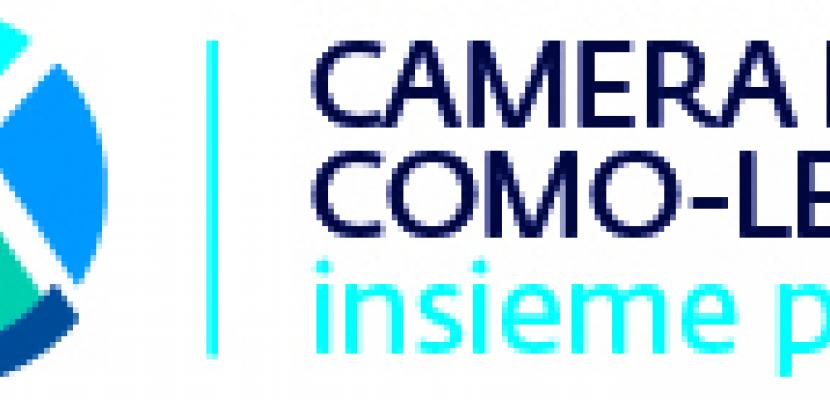
Call for tender “Environmental footprint” and “Environmental footprints project 2018”.

About this good practice
The tenders can answer to the lack of knowledge by consumers and companies of the environmental impact of the product purchased/sold, increasing the focus on eco-sustainability in the context of a global market.
The public tenders included the following support actions for the companies:
. definition of intervention’s objectives and scope,
. data collection regarding materials, energy, water, emissions and waste flows through a check-list document; if necessary, support in defining calculation procedures and allocation of data to the required level of detail
. impact assessment of the environmental footprint
. definition of Environmental Product Declarations (ISO type III)
. definition of Product Category Rules (PCRs) in compliance with the requirements of the "Made Green in Italy" Scheme and the relative implementing regulation published in draft by the Ministry of the Environment, for each of the product categories considered
The main stakeholders and beneficiaries of the practice are:
.Companies: 2017 public tender was addressed to wood-furniture sector companies, while the 2018 one to companies based in the province of Como and received mainly feedback from food, textile and agriculture sectors; the same methodology could be applied to every company whose products/services are derived from the use of raw materials and energy/water consumption
. Clients and investors: purchase/investment decisions focused on eco-sustainability
Resources needed
The resources required were covered by the amount allocated by the public tender, i.e. a total of 2,500 € per Company. This amount was significantly reduced thanks to the economies of scale guaranteed to the service provider, which was awarded of a single contract for up to 10 beneficiary companies
Evidence of success
The tenders allowed 10 small companies to achieve a deeper understanding of their environmental impact, to identify actions for reducing impacts/related costs and to access to additional market opportunities. The 2017 first tender, it was replicated by the same entity in 2018.
In general, the production of raw materials is the most impactful phase (arount 50%), while the contributions of production phase account for around 30% of the total impact (major due to electricity consumption).
Potential for learning or transfer
Further tenders and related PEF studies, involving more companies from different sectors, can implement the amount of data collected and public knowledge in the impacts of individual products/services.
These studies (implemented with help from the region or its own funds) can also allow the companies themselves to participate in calls for/pubblic tenders or collaborations with institutional bodies that require a LCA approach, as well as possible advantages through rewarding scores in such collaborations.
The following projects propose further public tenders related to sustainability aspects by the Camera di Commercio di Como-Lecco:
• “Strategie sostenibili e Modelli di Aziende Responsabili nel Territorio transfrontaliero (SMART)”, aiming to valorize the cross-border area as a territory that makes of the economic, social and environmental sustainability of the enterprise a distinctive element and a competitive advantage;
• SMART 2 - CSR as a lever for post-Covid-19 recovery
Further information
Website
Good practice owner
other
